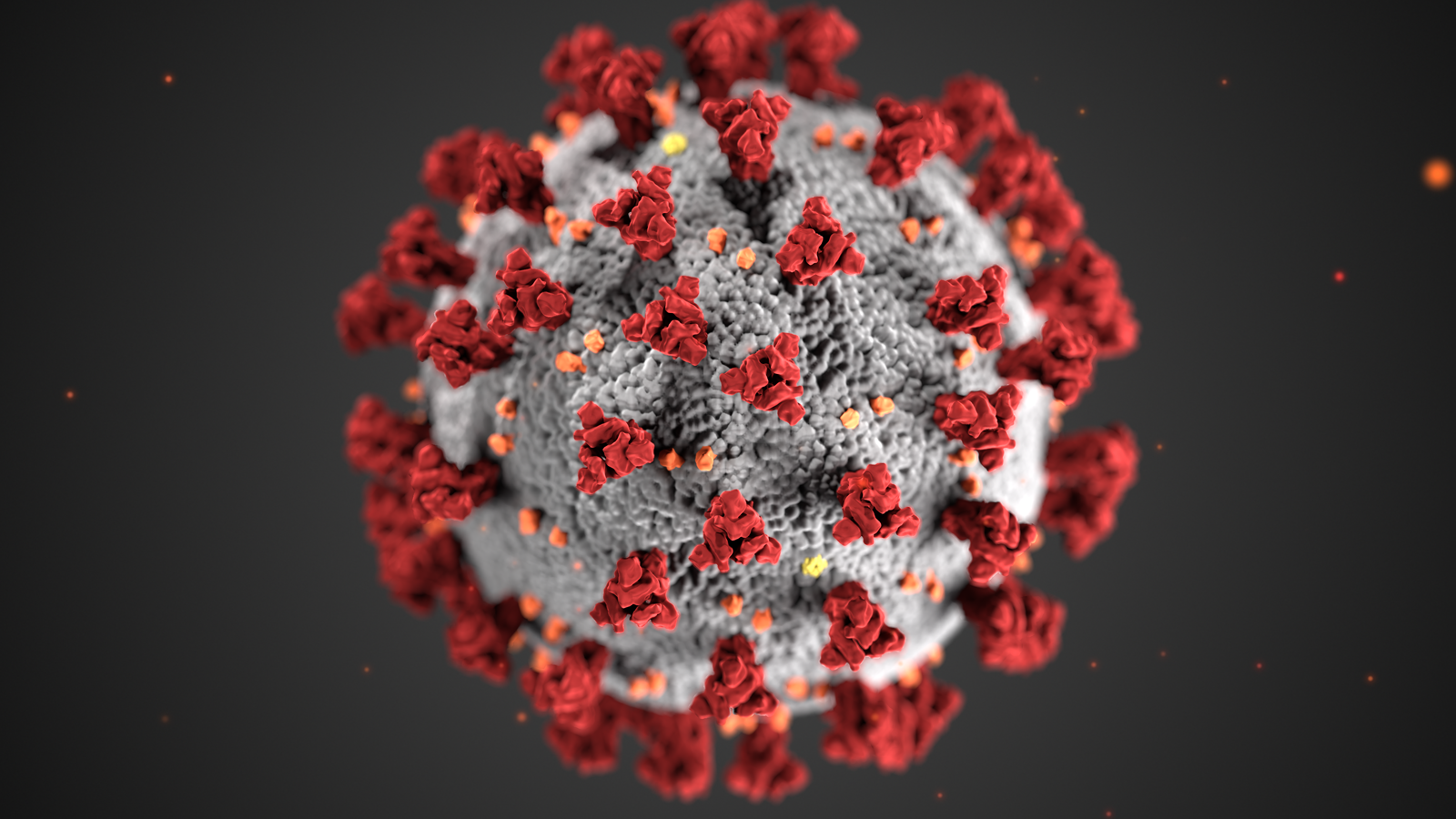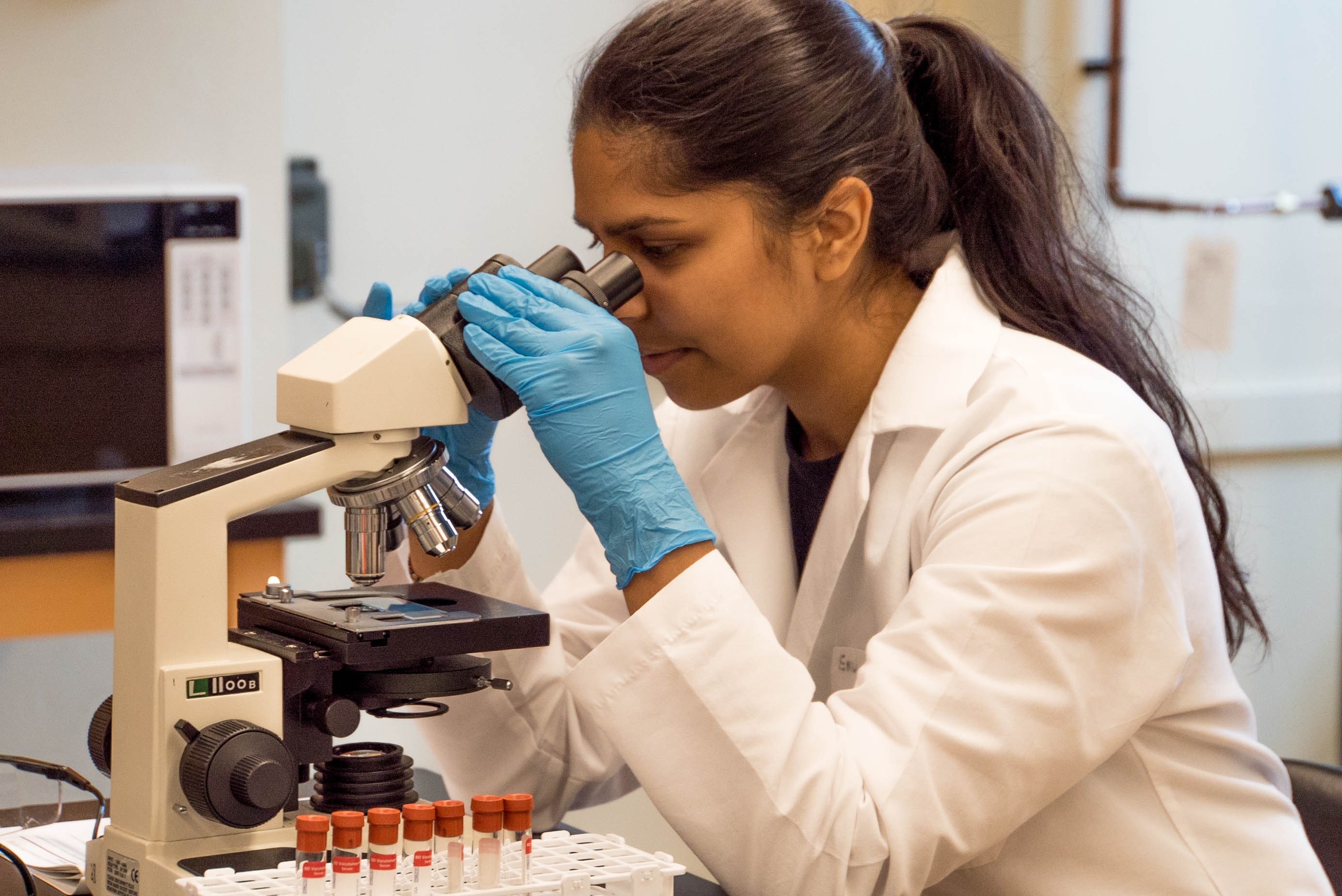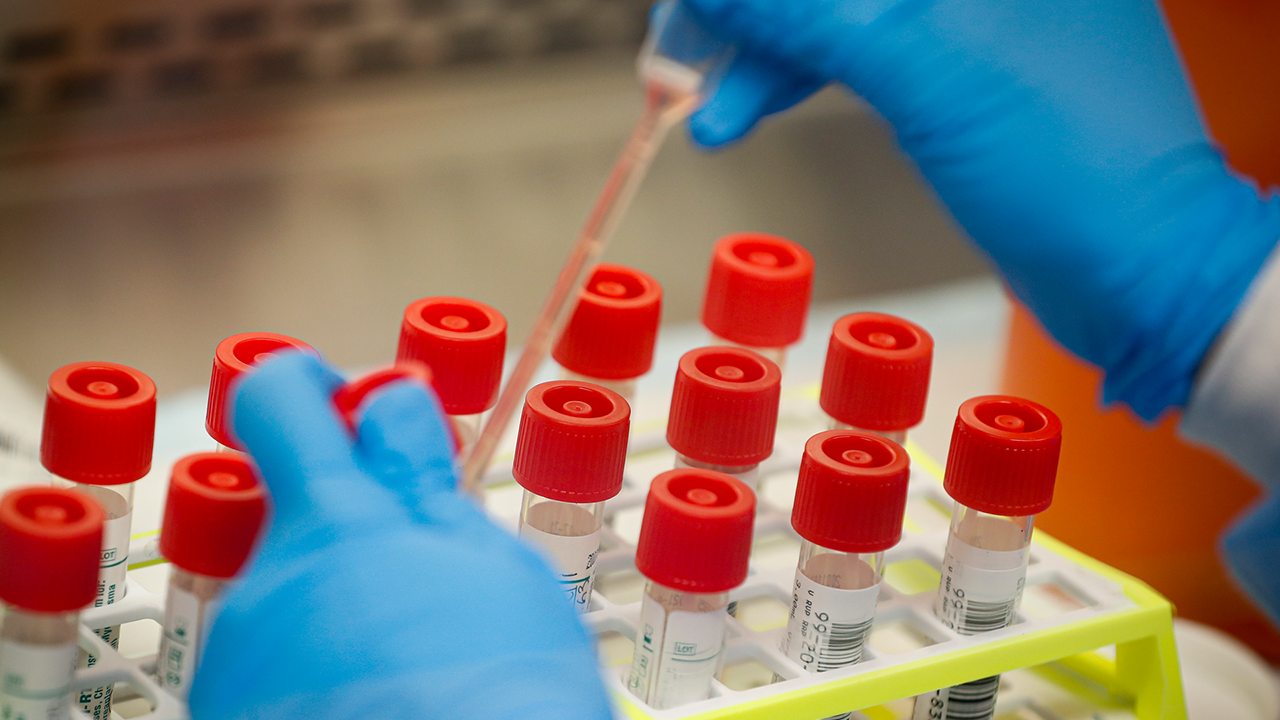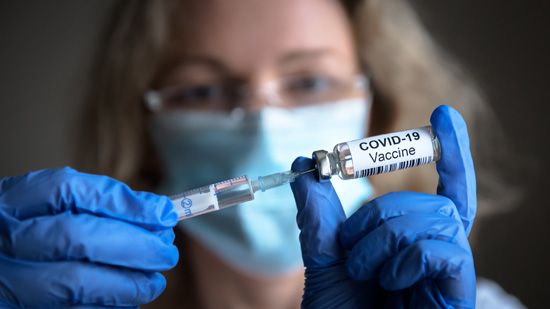Scientists Have Discovered A New Antibody That Can Neutralise All COVID-19 Variants
As of present, the antibody has been able to neutralise the Alpha, Beta, Gamma, Delta, and all of the Omicron strains.
From Pfizer to Moderna, AstraZeneca, and even Sinovac, there have been a plethora of vaccines that've helped control the never-ending strains of COVID-19
While these vaccinations have been able to prevent severe illness and death due to COVID-19, the numerous additions of boosters manufactured to control the developing variants have also been multiplying.
However, the development and discovery of a new antibody seems to be showing some promise for the future in finally closing the chapter on a global virus that caused a standstill in time for over two years.
Referred to as SP1-77, the uncovering of this antibody was the result of a collaborative effort between researchers from Duke University and Boston Children's Hospital
Published in a journal by the digital immunology platform, Science Immunology, SP1-77 was initially created after researchers modified a mouse model that had originally been made for the search of broadening antibodies to neutralise the HIV virus instead, which also mutates.
Possessing built-in human immune systems, these mice mimic the way human immune systems develop better antibodies when exposed to pathogens. Inserting two human gene segments into the mice, researchers would then be able to create a range of antibodies that humans might make too.
The experiment proceeded with the mice being exposed to the SARS-CoV-2 — the virus which caused COVID-19 — spike protein, what the virus uses to latch itself onto body cells. As a result, nine different families of antibodies bound themselves to the spike in an attempt to neutralise it, including the SP1-77.
Of these nine, only the SP1-77 was able to neutralise the Alpha, Beta, Gamma, Delta, and all Omicron strains of COVID-19.
The scientists explained that the mechanism in which this antibody works is slightly different compared to current available vaccines
Detailed in a press release by Boston Children's Hospital, the differentiation can be seen in how it reacts to the virus.
To get infected, the SARS-CoV-2 virus has to first attach itself onto receptors in your cell, known as ACE2 (a protein within the body that provides an entry point for the virus to hook into), thereby infecting a wide range of cells over time.
Current COVID-19 vaccines, however, block this binding from happening entirely, with the vaccine attaching itself to the 'spike' domain of the virus, known as RBD in short, preventing the ability of the virus to gain entry into the cell via the ACE2 protein.
Though the SP1-77 antibody also binds itself to the RBD of the virus, it does not prevent the virus from attaching itself to the ACE2 receptors in the human body. Instead, it prevents the virus from fusing its outer membrane with the membrane of the target cell of the human body, throwing off the final step that leads to infection entirely.
As of now, there is no certainty as to whether the experiment will translate to humans the same way as it did for the mice, though it is promising
"This is very early-stage proof-of-concept work to illustrate that broadly neutralising antibodies can be generated using a mouse model. Such work, if replicated, and expanded, could form the basis of new monoclonal antibody products as well as a vaccine," said Amesh Adalja, MD, infectious disease expert and senior scholar at the Johns Hopkins Centre for Health Security.
Speaking on the potential the antibody has to take out all variants of COVID-19, Thomas Russo, MD, professor and chief of infectious disease at the University of Buffalo in New York stated, "We'd love to have a vaccine that is active against all circulating variants, including those yet to come. It's the holy grail of vaccines."
According to Dr Russo, SP1-77 opens the door for an opportunity to get a COVID-19 booster once a year or even less depending on its protection. As of now, the researchers have applied for a patent for SP1-77, and hope to create something that may be used by the general public in time.



